# Effective Strategies for Curbing Hunger While Dieting
Written on
Chapter 1: Understanding Hunger in Dieting
Dieting can often be a challenging experience, and one of the most significant hurdles is managing hunger. This sensation can test your patience and resolve, making it harder to stick to your dietary plan—an essential element for effective weight loss.
I'm a 200-pound individual who can comfortably lose weight on a daily intake of 2,700 calories, so hunger isn't a major concern for me. However, many people experience greater challenges with appetite regulation. If you find yourself in this situation, here are seven effective methods to reduce hunger while dieting.
Section 1.1: Gradual Weight Loss
Aim for a weight loss rate of about 0.5–1% of your body weight each week, as this approach is generally the most effective. While it may be tempting to strive for rapid weight loss, adhering to this guideline will help you avoid excessive hunger and muscle loss, which can lead to weight regain.
Section 1.2: Opt for High-Volume Foods
To signal satiety to your body, focus on consuming larger portions of lower-calorie foods. This strategy not only helps you feel full but also promotes weight loss by reducing calorie density.
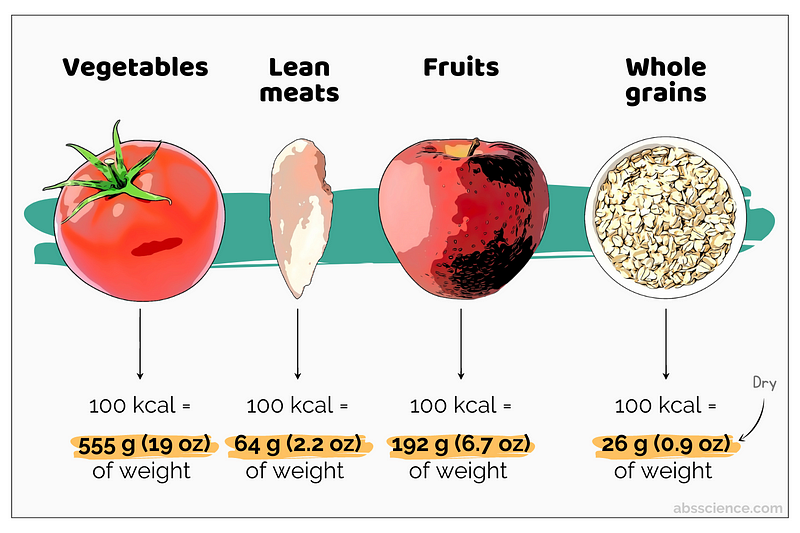
Instead of energy-dense options, choose meals that fill you up without overwhelming your calorie allowance.
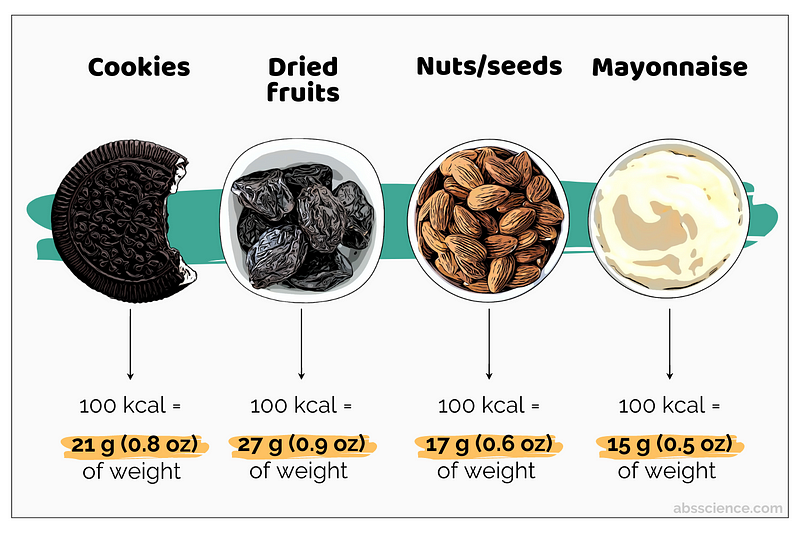
Section 1.3: Minimize Hyper-Palatable Foods
Reducing the intake of hyper-palatable foods—those rich in fat, sugar, and sodium—can help manage hunger. These foods not only tend to be calorie-dense but also leave you craving more.
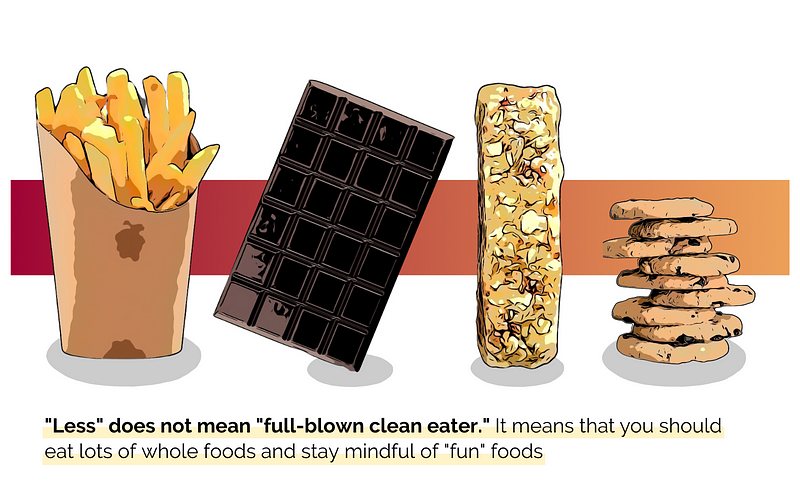
Instead, focus on whole food options that are satisfying and nutritious.
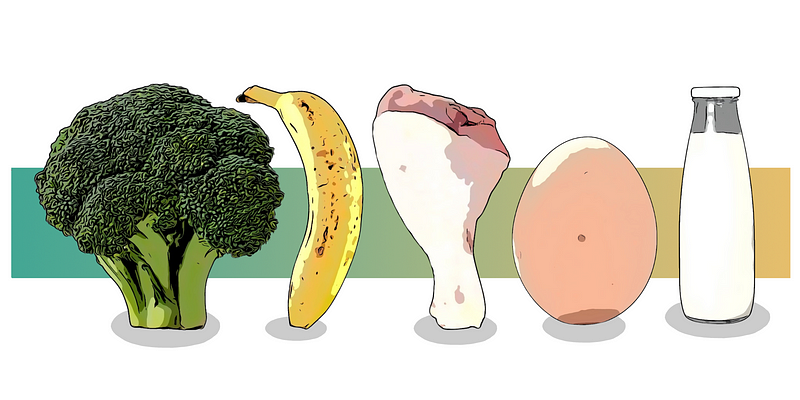
Section 1.4: Adjust Meal Timing
Hunger levels fluctuate throughout the day, so consider adjusting your meal timing. If you're less hungry in the morning, try delaying your first meal, which may help reduce evening hunger.
Section 1.5: Increase Protein Consumption
Research indicates that protein is more satiating than carbohydrates or fats. Ensure you are meeting the recommended intake of 1.6–2.2 g/kg of body weight for those involved in resistance training to optimize your diet and support muscle maintenance.
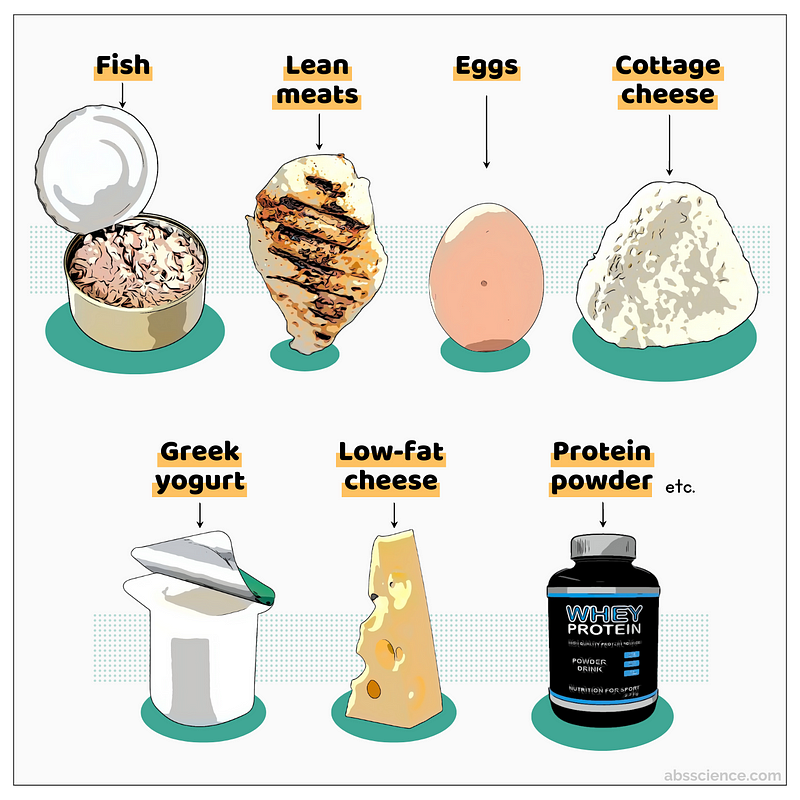
Section 1.6: Avoid Liquid Calories
Consuming too many calories through beverages can lead to increased hunger. This applies not only to sugary drinks and alcohol but also to seemingly healthy smoothies. If you're serious about dieting, it's best to avoid liquid calories whenever possible.
Section 1.7: Prioritize Sleep
Lack of sleep can significantly impact hunger regulation and overall weight loss efforts. Aiming for at least seven hours of quality sleep each night is crucial for maintaining healthy hunger cues.
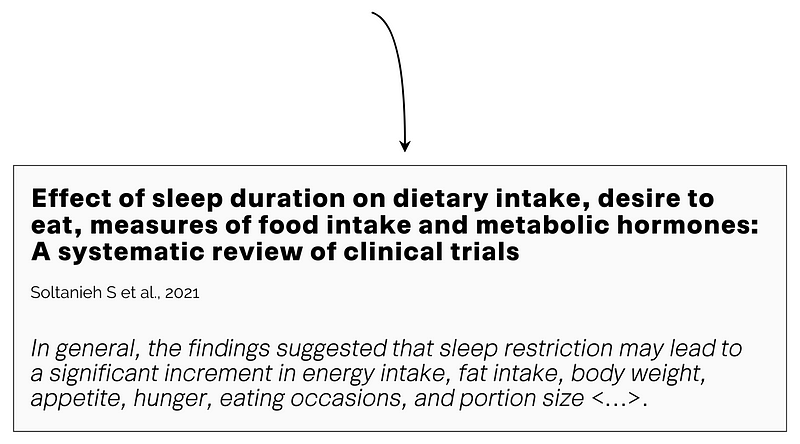
Chapter 2: Embracing Hunger as Part of the Process
While these strategies can help you manage hunger, it's essential to recognize that feeling hungry is a normal part of the weight loss journey. A little hunger indicates you are likely in a calorie deficit.
Now, if you're interested in a more personalized approach to weight loss, consider looking into my 1x1 Coaching Program for sustainable fat loss strategies.
Learn how to effectively reduce hunger while dieting in this insightful video.
Discover strategies for managing hunger during your weight loss journey in this practical video.